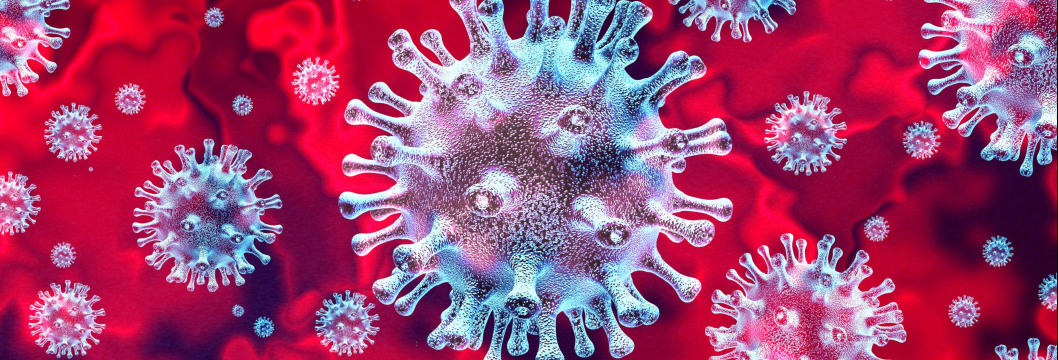Grocery store workers are facing a greater risk of getting COVID-19 now than they were 60 days ago, according to the union that represents 1.3 million food workers in the US.
Altogether, nearly 400 food service workers have died from the virus and 77,600 have been infected or exposed to COVID-19 since the pandemic started, according to the United Food and Commercial Workers union.
The start to 2021 has brought fresh worries for the industry.
Nearly 130 grocery workers in Southern California have been infected this year, UCFW President Marc Perrone said, while 500 grocery workers in Houston have been infected since Christmas and 200 grocery workers at a single Costco store in Washington State tested positive.
The UFCW said Tuesday the speed at which the virus is spreading in the food industry has increased in 2021 due to spread of the more infectious variant forms of the virus.
“The threat of this virus is now worse than it ever has been before,” Perrone said during a press conference on Tuesday.
The increase in infections has brought back calls for so-called hazard pay — which amounts to about $4 per hour extra — and for greater access to vaccines. Only 13 states, including California, New York and Arizona are giving grocery workers access to the vaccines.
Hazard pay became a flashpoint this month when Kroger said it would close two stores in Long Beach, Calif. after the City Council passed legislation requiring grocery stores to hike hourly pay by $4.
Since then a number of other municipalities, including Los Angeles and Seattle and some 10 states, including New York, Maryland, Virginia and Tennessee have passed similar legislation, the UFCW said. Some national chains, including Trader Joe’s, responded by voluntarily hiking its hourly pay by $4 on a temporary basis.
Kroger ended hazard pay in May, but has given out bonuses and $100 gift cards to employees instead. Kroger has also argued that some of the hazard pay mandates are unfairly targeting grocery stores and provide exemptions for big box retailers like Walmart.
“The Kroger store I work for has doubled or tripled its business since the pandemic,” said Eric Nelson, a Kroger store employee in Cincinnati, Ohio. “Kroger used to call us heroes but we are not treated like that anymore,” Nelson said, adding that his risk of getting the virus is especially dangerous since he suffers from congestive heart failure.
Kroger in a statement defended its treatment of workers. “Since the start of the pandemic, Kroger has invested over $1.5 billion to safeguard and reward our associates and committed nearly $1 billion to secure pensions for tens of thousands of our associates across the country,” the company said.
“The company continues to provide rewards for our associates, including $50 million that will pay out to frontline associates on Thursday.”
In response to the store closure announcements, store officials earlier this month said that the two stores were “underperforming” and that the City Council mandates were “oversteps.”
Other food workers who spoke during the press conference emphasized the dire need for them to get vaccines more quickly.
According to a UFCW survey of its members, of which 4,000 responded, 57 percent are more concerned about getting the virus than they were 30 or 60 days ago, Perrone said.
Source: New York Post
